Essay Question (500 words max)
-
-
 Recently Browsing
0 members
Recently Browsing
0 members
- No registered users viewing this page.
-
 Demonland Forums
Demonland Forums 
-
-
 Match Previews, Reports & Articles
Match Previews, Reports & Articles 
BLOW THE SIREN by Meggs
Fremantle hosted the Demons on a sunny 20-degree Saturdayafternoon winning the toss and electing to defend in the first quarter against the 3-goal breeze favouring the Parry Street end. There was method here, as this would give the comeback queens, the Dockers, last use of the breeze. The Melbourne Coach had promised an improved performance, and we did start better than previous weeks, winning the ball out of the middle, using the breeze advantage and connecting to the forwards.
GETAWAY by Meggs
Calling all fit players. Expect every available Melbourne player to board the Virgin cross-continent flight to Perth for this Round 4 clash on Saturday afternoon at Fremantle Oval. It promises to be keenly contested, though Fremantle is the bookies clear favourite. If we lose, finals could be remoter than Rottnest Island especially following on from the Dees 50-point dismantlement by North Melbourne last Sunday. There are 8 remaining matches, over the next 7 weeks. To Meggs’
DRUBBING by Meggs
With Casey Fields basking in sunshine, an enthusiastic throng of young Demons fans formed a guard of honour for the evergreen and much admired 75-gamer Paxy Paxman. As the home team ran out to play, Paxy’s banner promised that the Demons would bounce back from last week’s loss to Brisbane and reign supreme. Disappointingly, the Kangaroos dominated the match to win by 50 points, but our Paxy certainly did her bit. She was clearly our best player, sweeping well in defence.
GARNER STRENGTH by Meggs
In keeping with our tough draw theme, Week 3 sees Melbourne take on flag favourites, North Melbourne, at Casey Fields this Sunday at 1:05pm. The weather forecast looks dry, a coolish 14 degrees and will be characteristically gusty. Remember when Casey Fields was considered our fortress? The Demons have lost two of their past three matches at the Field of Dreams, so opposition teams commute down the Princes Highway with more optimism these days. The Dees held the highe
ALLY’S FIELDS by Meggs
It was a sunny morning at Casey Fields, as Demon supporters young and old formed a guard of honour for fan favourite and 50-gamer Alyssa Bannan. Banno’s banner stated the speedster was the ‘fastest 50 games’ by an AFLW player ever. For Dees supporters, today was not our day and unfortunately not for Banno either. A couple of opportunities emerged for our number 6 but alas there was no sizzle. Brisbane atoned for last week’s record loss to North Melbourne, comprehensively out
GOOD MORNING by Meggs
If you are driving or training it to Cranbourne on Saturday, don’t forget to set your alarm clock. The Melbourne Demons play the reigning premiers Brisbane Lions at Casey Fields this Saturday, with the bounce of the ball at 11:05am. Yes, that’s AM. The AFLW fixture shows deference to the AFL men’s finals games. So, for the men it’s good afternoon and good evening and for the women it’s good morning. The Lions were wounded last week by 44 points, their highest ever los
HORE ON FIRE by Meggs
The 40,000 seat $319 million redeveloped Kardinia Park Stadium was nowhere near capacity last night but the strong, noisy contingent of Melbourne supporters led by the DeeArmy journeyed to Geelong to witness a high-quality battle between two of the best teams in AFLW. The Cats entered the arena to the blasting sounds of Zombie Nation and made a hot start kicking the first 2 goals. They brought tremendous forward half pressure, and our newly renovated defensive unit looked shaky.
REMATCH by Meggs
The Mighty Demons take on the confident Cats this Saturday night at the recently completed $319 million redeveloped GMHBA Stadium, with the bounce of the ball at 7:15pm. Our last game of 2023 was an agonisingly close 5-point semi-final loss to Geelong, and we look forward to Melbourne turning the tables this week. Practice match form was scratchy for both teams with the Demons losing practice matches to Carlton and Port Adelaide, while the Cats beat Collingwood but then lost to Essendo
WELCOME 2024 by Meggs
It’s been hard to miss the seismic global momentum happening in Women’s sport of late. The Matildas have been playing to record sell-out crowds across Australia and ‘Mary Fowler is God’ is chalked onto footpaths everywhere. WNBA basketball rookie sensation Caitlin Clark has almost single-handedly elevated her Indiana Fever team to unprecedented viewership, attendances and playoffs in the USA. Our female Aussie Paris 2024 Olympians won 13 out of Australia’s all-time record 18 gol
-
 Tell a friend
Tell a friend

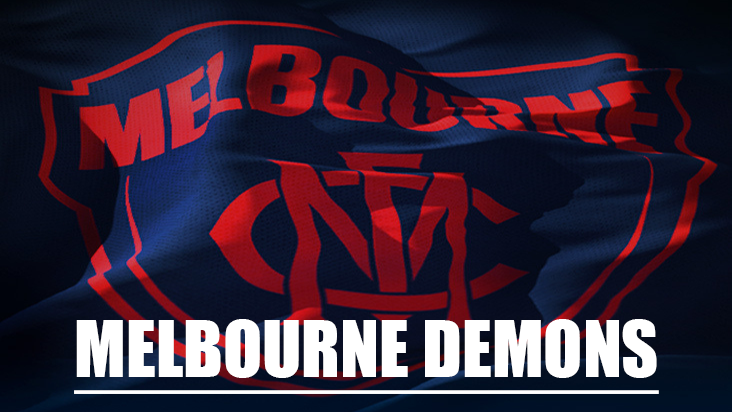

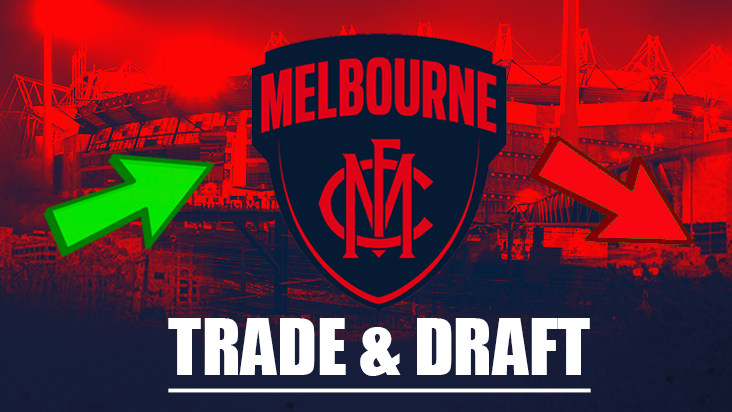
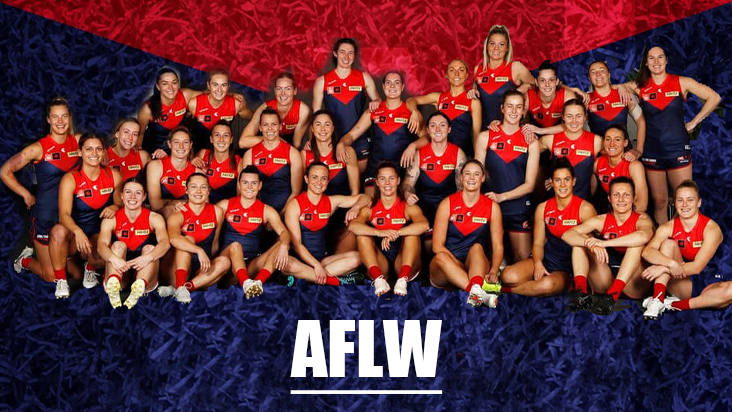

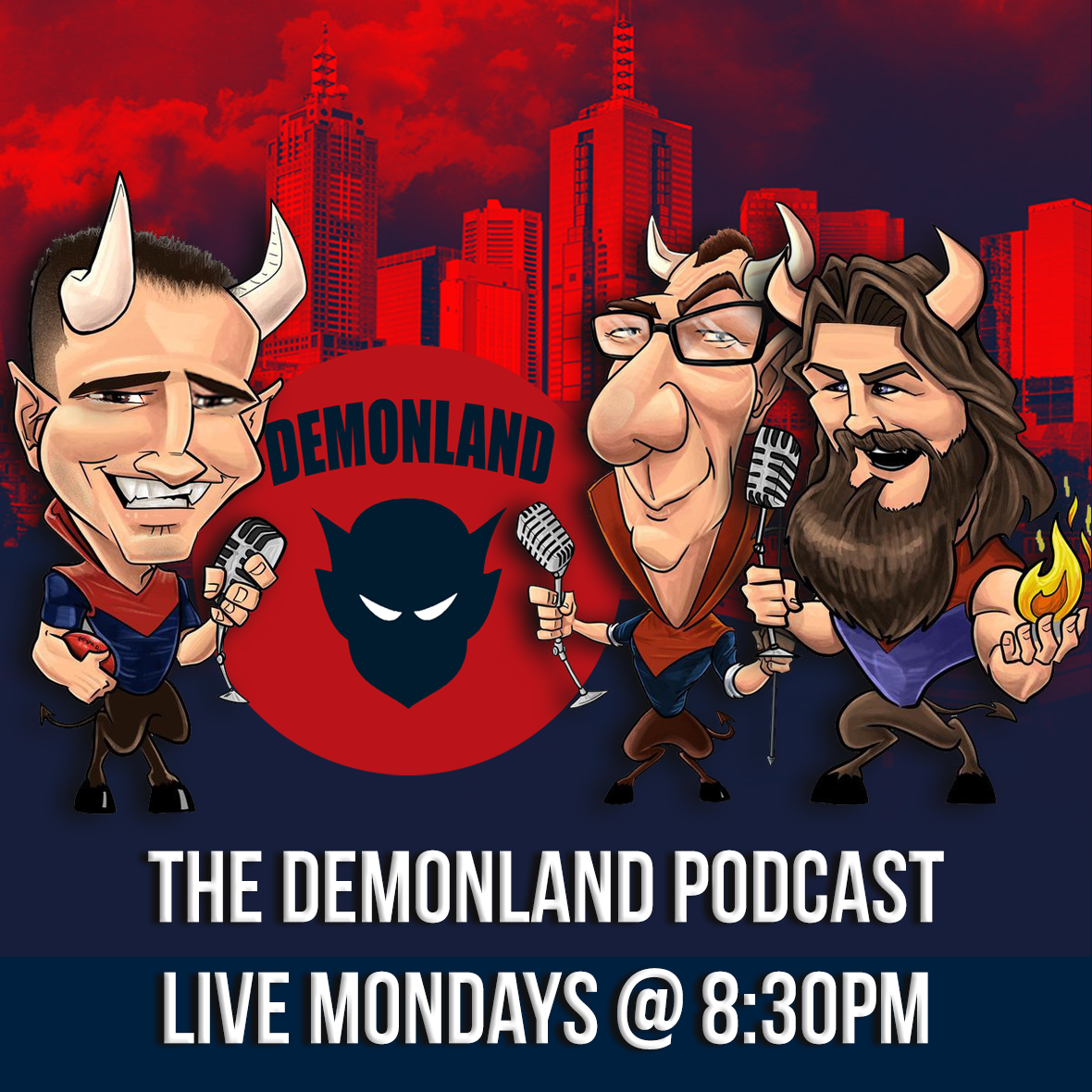



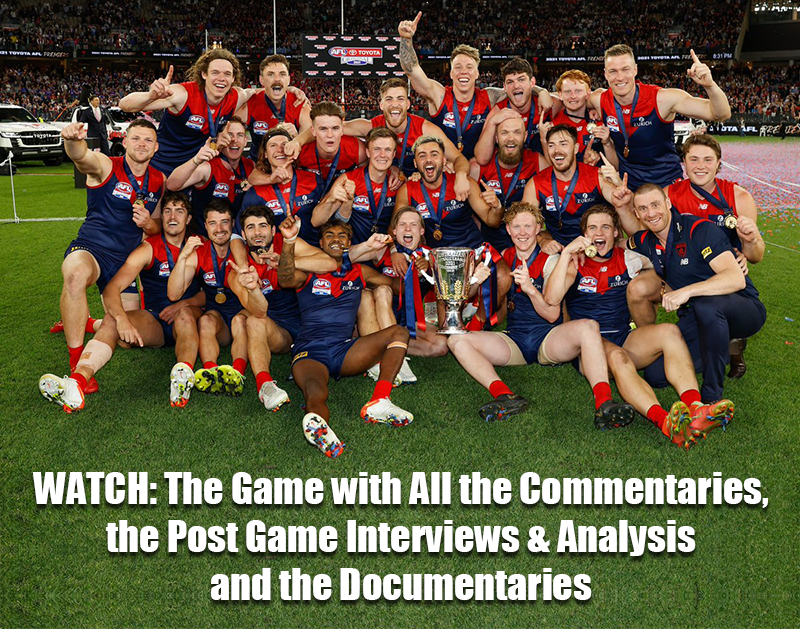
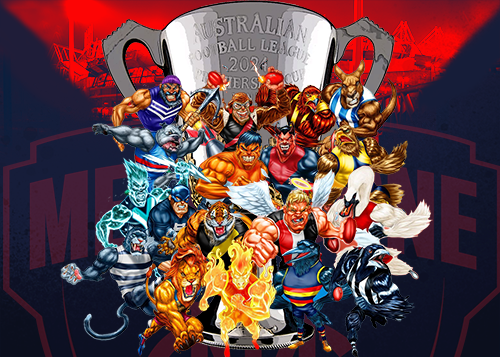
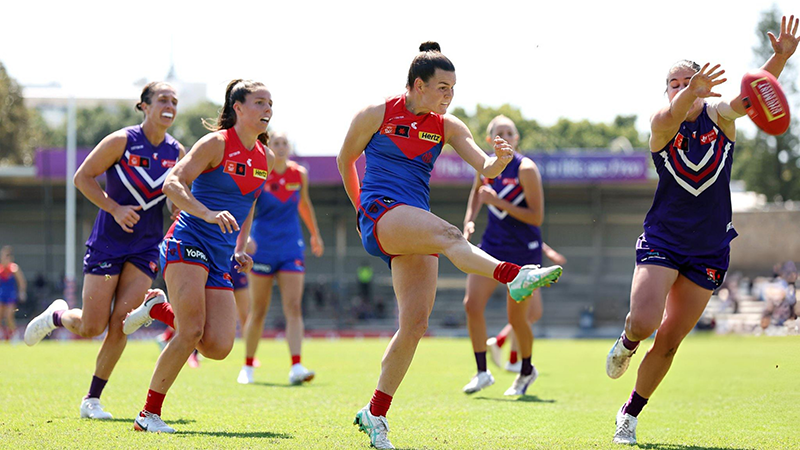
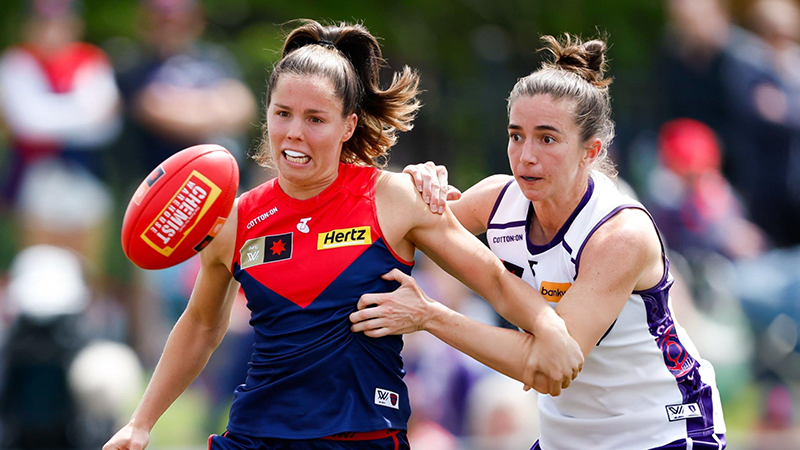
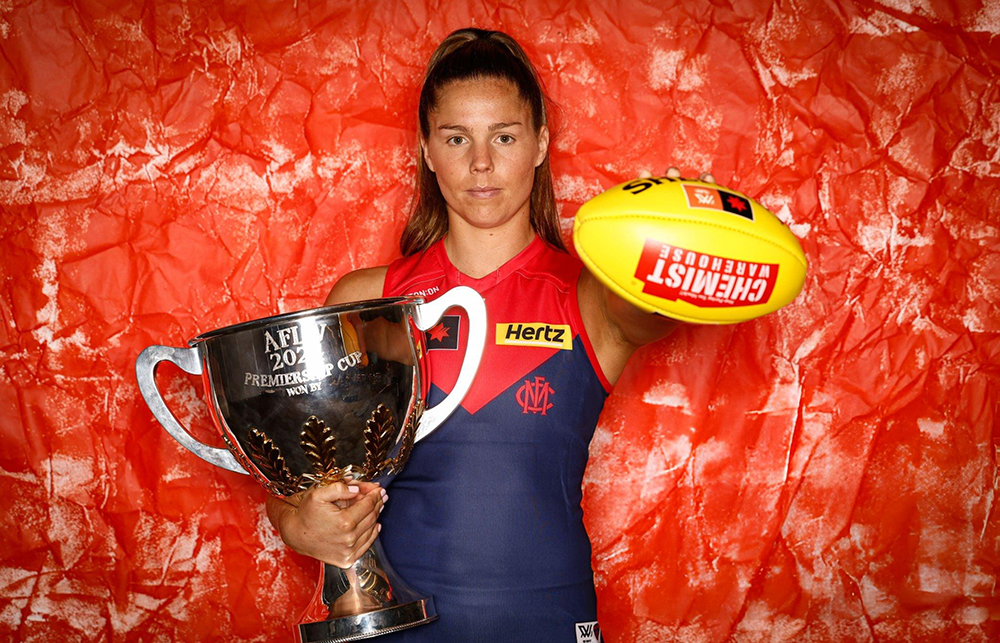
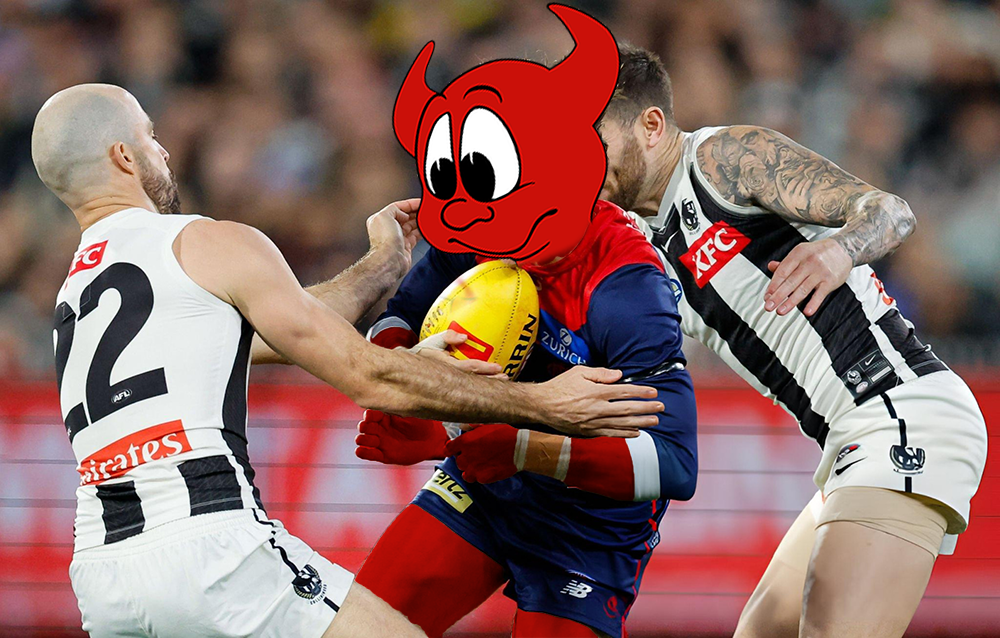
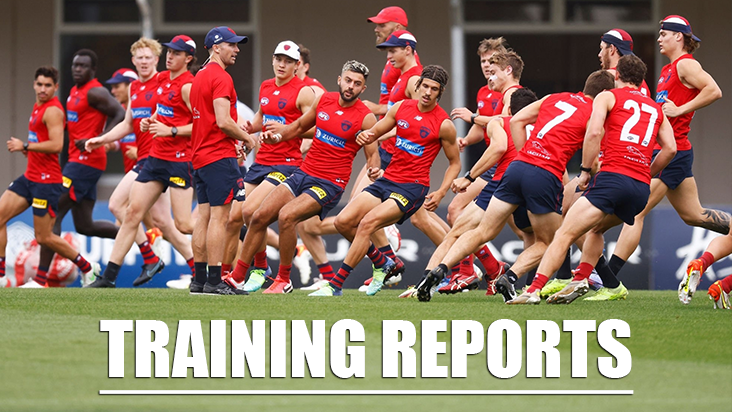
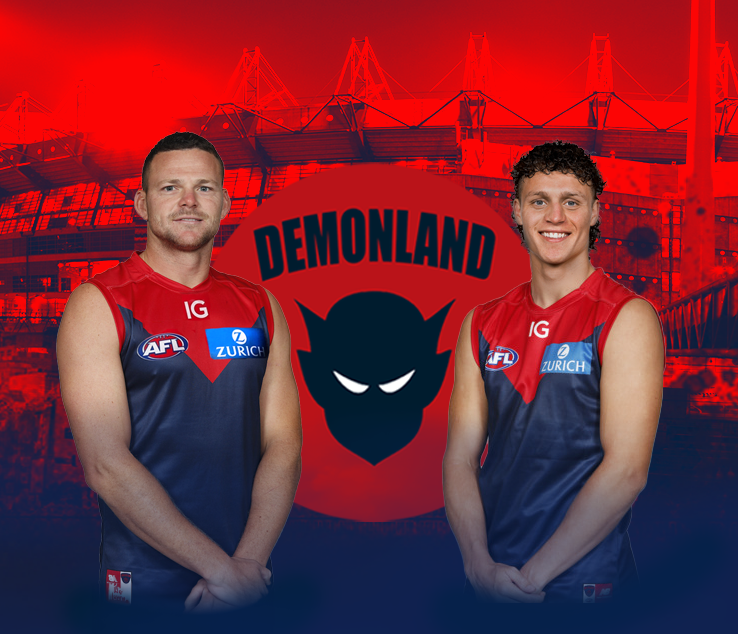

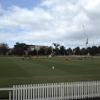
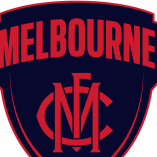
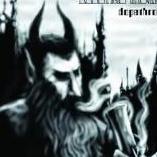

































Recommended Posts
Join the conversation
You can post now and register later. If you have an account, sign in now to post with your account.